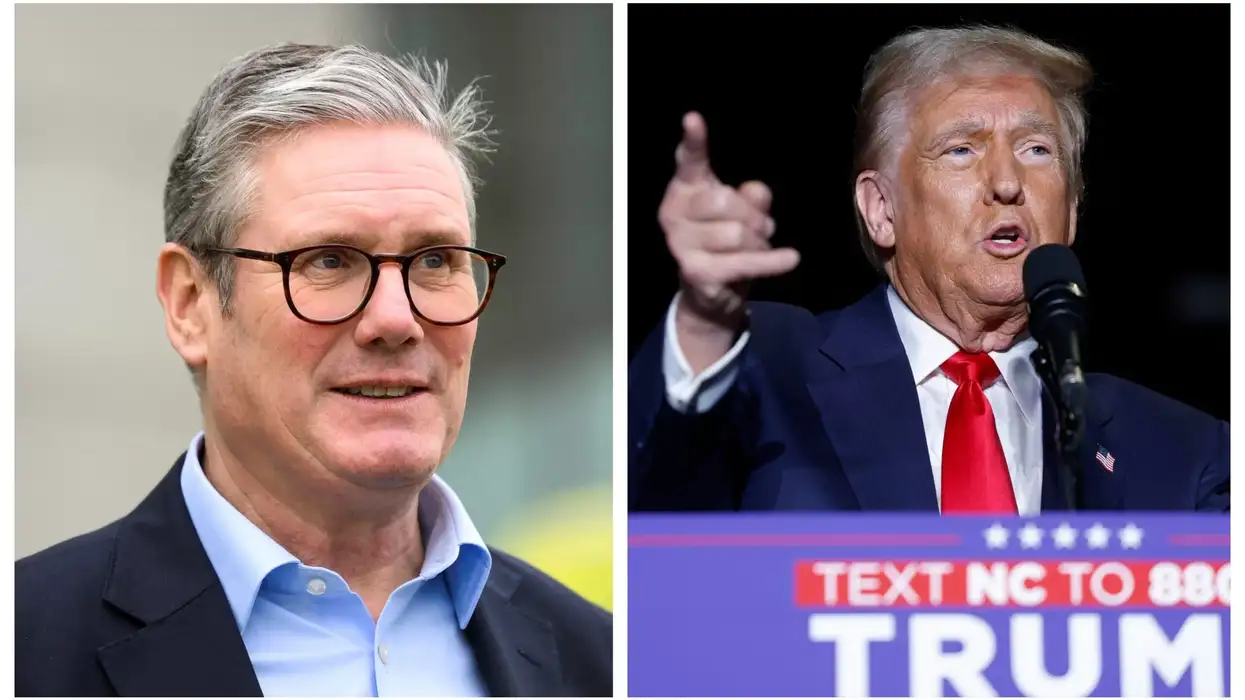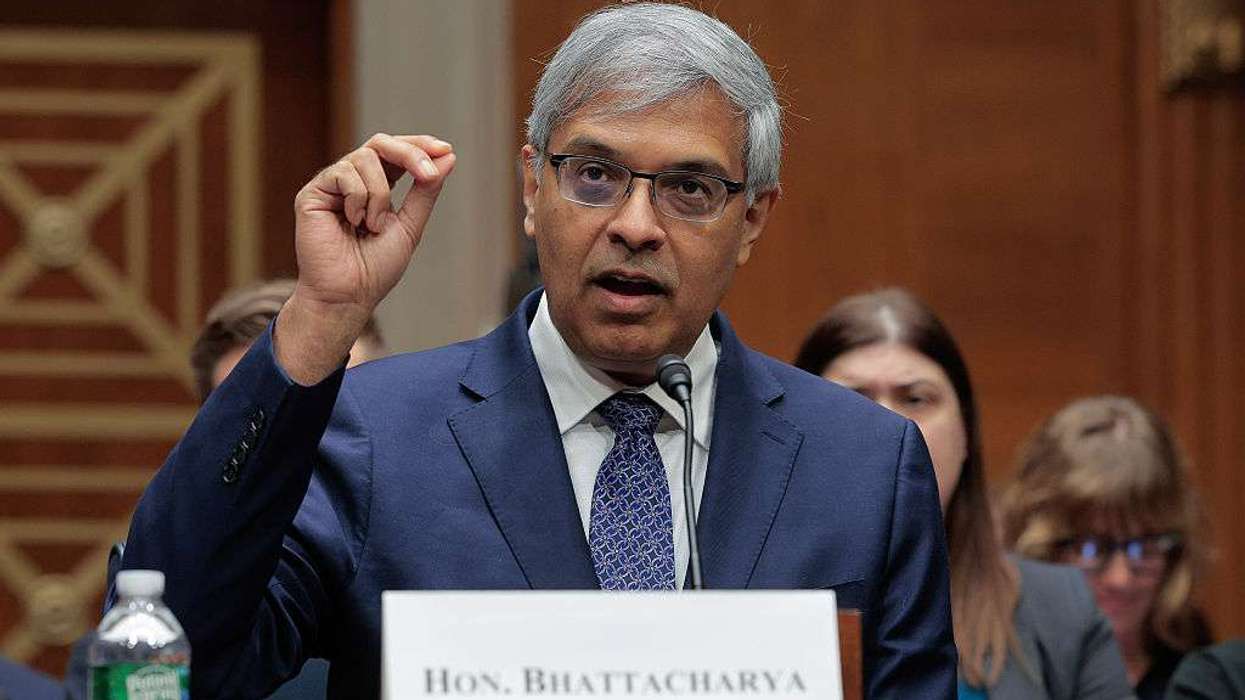KEIR STARMER and Donald Trump spoke on Sunday about ongoing UK-US trade negotiations, with Downing Street describing the talks as "productive."
Since leaving the European Union, the UK has been working to secure a trade agreement with the United States. Successive British governments have pursued a deal, but it has remained elusive.
"They discussed the productive negotiations between their respective teams on a UK-US economic prosperity deal, agreeing that these will continue at pace this week," a statement from Downing Street said.
"They agreed to stay in touch in the coming days."
Trump has suggested the possibility of a "great" trade deal that could help the UK mitigate the impact of tariffs he has pledged to introduce.
Unlike the European Union, Britain has not responded with retaliatory measures against tariffs already imposed on its steel industry.
The previous Conservative government did not secure a deal, but Starmer, who visited Washington in late February, expressed optimism about reaching an agreement.
The UK is aiming to finalise a trade deal ahead of Trump's planned "Liberation Day" on 2 April, when he is expected to announce a series of tariffs affecting different trading partners.
No agreement has been reached yet.
(With inputs from agencies)





